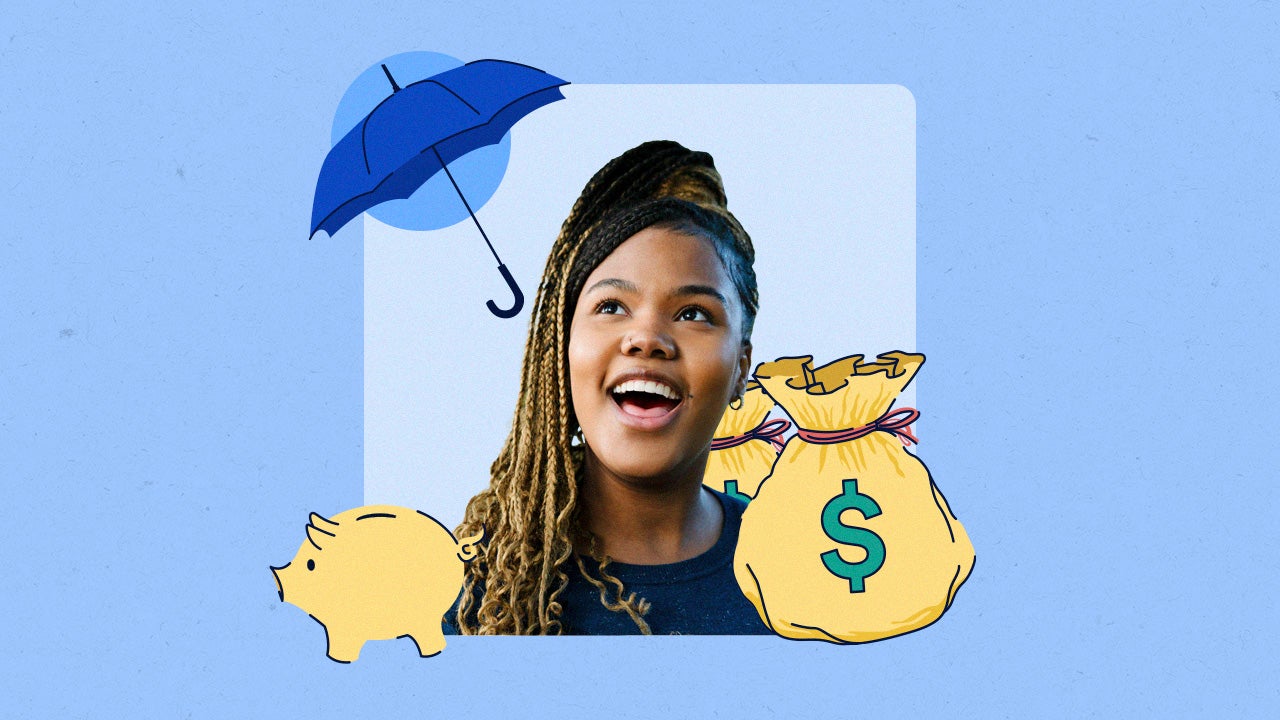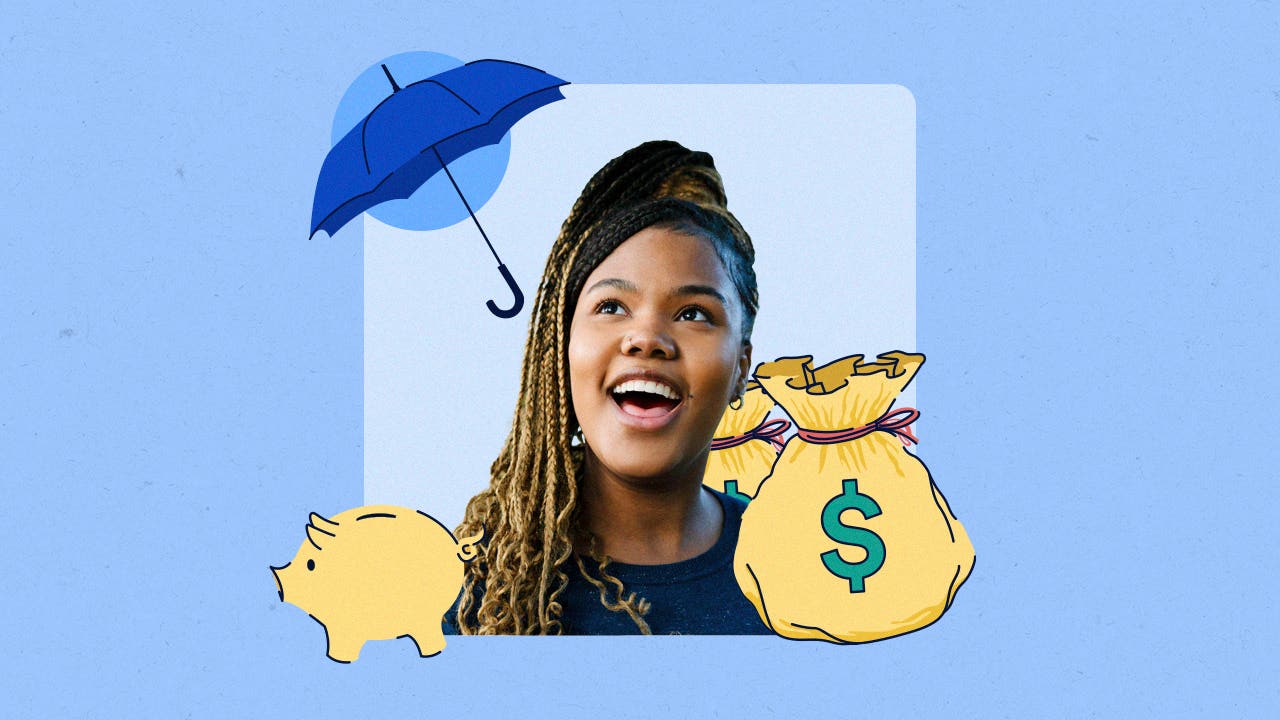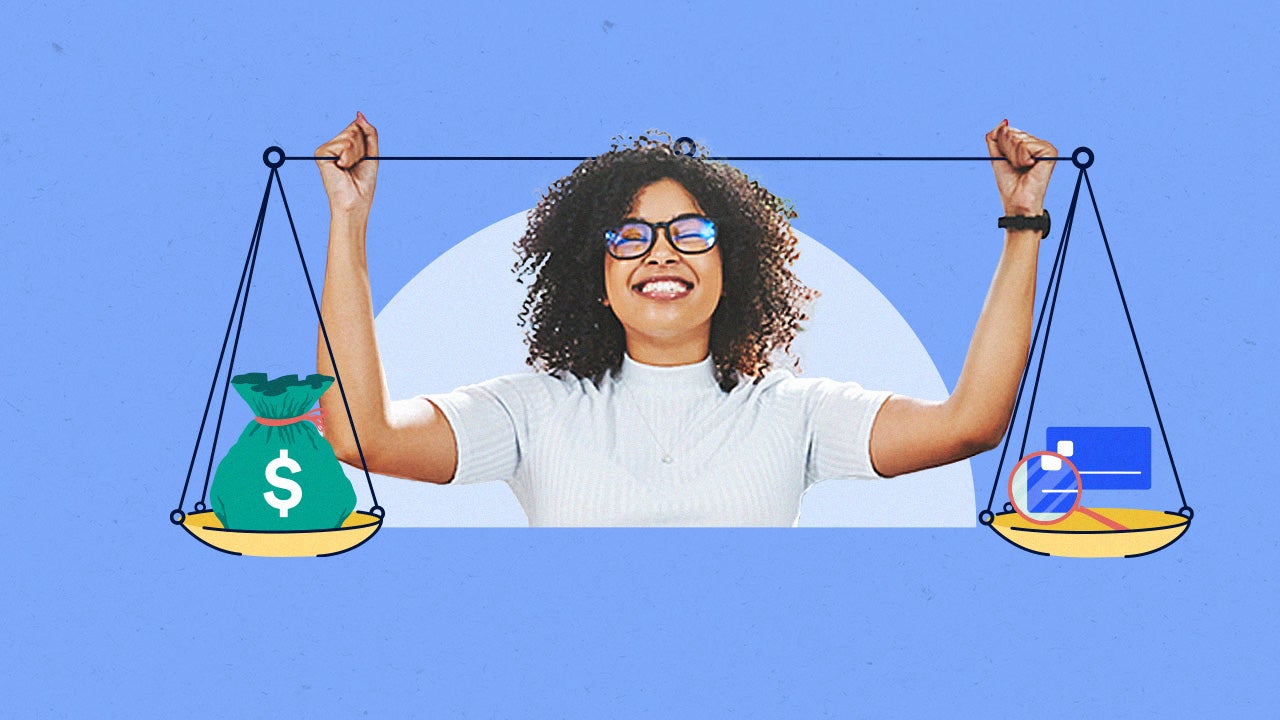The world of debt relief and what to know about it



If you’re in debt, you’re probably thinking about how you can pay it off, manage your payments and balance your budget. However, there is another way to reduce your balance and manage your finances: debt relief.
Debt relief can take several forms, from for-profit companies that settle your debt with creditors to debt consolidation to organizations that help you build a payment plan that works for you.
Different kinds of debt relief have specific requirements and can have different impacts on your payments, interest, finances and credit score. Be sure to consider which option is right for you, if you want to pursue debt relief.
Read on to learn more about the world of debt relief.
What is debt relief?
Debt relief is a service offered by a company or organization that can help you manage large amounts of debt.
This can come in the form of managing your payments toward the debt or by reducing or eliminating the debt itself. Debt relief can make your monthly payment simpler or more manageable, get you a lower interest rate or even offer you a clean slate by discharging your debt.
These services come with different prerequisites, fees, outcomes and consequences to your finances and credit history, so it’s important to understand the implications of the kind of debt relief you choose.
How debt relief works
There are several types of debt services with different requirements and pros and cons to consider.
Debt management plans
Debt management plans (DMPs) help you set up a sustainable payment plan for your debt by pairing you with a credit counselor who can evaluate your finances, set up a payment plan and possibly negotiate better terms with your creditor.
While a DMP won’t necessarily change the amount you owe, your counselor may be able to lower your interest, consolidate your payments or waive fees. You’ll also have a clear goal post as to when you can expect your debt to be completely paid off.
If you’re working with a debt settlement company, they may offer a DMP alongside reducing your balance.
There are several types of DMP companies, both for-profit and nonprofit. While many DMP counselors charge fees, you may be able to have that fee waived or reduced if you meet certain income qualifications.
However, it’s important to keep in mind that you’ll still have to make the monthly payments on a DMP. Your counselor may also add a note to your credit report stating that you are on a DMP which will be visible to lenders.
Credit counseling
Credit counseling is similar to a DMP — it involves an agency or a counselor who will evaluate your debt and finances and create a payment plan or make recommendations for how to handle your debt.
Credit counseling, unlike a DMP, will offer a wider range of options for you to choose from when it comes to managing your debt based on your financial situation. A credit counselor may recommend a DMP, but they can also recommend filing for bankruptcy, debt consolidation or debt settlement.
Like DMP companies, credit counseling companies and counselors can be for-profit and nonprofit. When evaluating a credit counselor, check if they’re accredited by the Better Business Bureau (BBB) and/or the National Foundation for Credit Counseling (NFCC).
Bankruptcy
Filing for bankruptcy is a legal process in which you declare yourself unable to pay off your debts. It can involve having some or all of your debt absolved, reorganizing your remaining debt into a payment plan and possibly having some of your assets repossessed or sold to cover your balance.
If you’re carrying consumer debt, you’ll likely file for one of two types of bankruptcy:
- Chapter 7 bankruptcy, where your personal assets, such as your house and your car, are sold to cover your debts. You usually have to meet certain income requirements in order to file for Chapter 7 bankruptcy. The remaining debt is then discharged.
- Chapter 13 bankruptcy, where you’re put on a three-to-five year repayment plan for your debts, and afterward, your remaining debts are discharged. Your payments will depend on your income, among other requisites.
Both types of bankruptcy involve filing a petition in court, having the court or a trustee analyze your income, debts, assets and finances, and having the bankruptcy filed on your credit report.
While bankruptcy can be a way to have large amounts of debt discharged, it will heavily damage your credit score and credit history, making it harder to take out loans in the future. In addition, there are some kinds of debts like tax debt, alimony and child support that cannot be discharged through bankruptcy.
Debt consolidation
Debt consolidation can help you simplify payments on multiple loans. This is done by taking out a loan equal to the total amount owed, paying off the balances of your other loans with the borrowed money, and then paying down your consolidation loan. This can be done with a debt consolidation loan or a balance transfer credit card.
Debt consolidation can make your payments easier since you have only one payment each month.. However, you may have to pay upfront costs in the forms of transfer and origination fees, and you may end up with a higher monthly payment.
Additionally, if the interest rate is higher than your original loan, you may end up paying more interest overall. Be wary of promotional interest rates and APYs for balance transfer credit cards. While some charge a low or no interest for the first few months, once the promotional period ends, you can expect to pay an APY of over 20 percent.
Debt forgiveness
Debt forgiveness is when the borrower or creditor forgives part or all of your loan balance.
Debt or loan forgiveness is usually available through programs with certain requisites. It’s only applicable to certain types of loans. With debt forgiveness, as long as you’ve made your monthly payments on time, you don’t have to worry about a large impact on your credit score or history.
Public Service Loan Forgiveness (PSLF), for example, forgives federal student loan balances for borrowers who work full-time for a federal, state, tribal, or local government or nonprofit agency. They also must make 120 monthly payments under an income-driven repayment plan in the Direct Loan program.
Borrowers who meet the requirements for debt forgiveness will usually have to apply through a forgiveness program. Since loan forgiveness has several requirements and is limited to only certain kinds of loans, it may not be an option for the majority of borrowers.
Debt settlement
Debt settlement companies work by negotiating your debt with your creditors, lowering or eliminating your balance and helping you build a payment plan for your remaining amount owed.
The debt settlement company will act as a middleman between yourself and your creditors, negotiating on your behalf and promising that the remaining debt will be paid off in full. This can be performed by both for-profit and nonprofit organizations who may charge a fee for their services.
A debt settlement company can help you settle your debt and work out a long-term DMP and financial plan that helps you get back on your feet and build financial stability after your debt is repaid.
For example, National Debt Relief (NDR) helps their clients create an affordable payment plan and offers financial counseling and educational resources throughout the process.
Debt settlement companies will often have certain requirements around your income, debt amount and the type of debt. NDR works only with unsecured debt, such as personal loans, credit card debt and medical debt.
While debt relief can help you reduce your balance, keep in mind the fees you’ll be charged, and that your credit score and history may be negatively impacted when your debt is relieved.
Be sure to work with an accredited debt relief company through the BBB, the International Association of Professional Debt Arbitrators and/or the American Association for Fair Debt Resolution.
What kind of debt relief is for you?
The kind of debt relief that’s right for you will depend on a number of factors: if you meet the requirements, where your finances are and how comfortable you are with the possible impact to your credit score.
If you’re considering debt relief, think about:
- Income: Certain types of debt relief are only available to those who meet a specific income threshold. If your monthly payments are going to change, be sure that your income can comfortably support it.
- Size of debt: How much debt you’re in will impact the kind of debt relief you might want to pursue. If you have under $1,000 of debt, for example, a DMP might be a better option than filing Chapter 7 Bankruptcy if you want to preserve your credit score.
- Type of debt: Certain types of debt relief are only available for certain kinds of debt. PSLF is only available for federal student loans, and some debt settlement companies will only work with unsecured debt.
- Impact to payments: DMPs and debt consolidation may increase your monthly payments, so be sure you’re comfortable with the higher payment.
- Fees: You may be charged a fee to take out a consolidation loan or work with a credit counselor, a DMP counselor or a debt settlement company. Make sure you can afford it up front or sustainably roll it into your monthly payments if that’s an option.
- Age of debt: Some types of debt relief or counseling are only available if you’ve had your debt for a certain number of years.
- Impact to credit score: Debt settlement and bankruptcy can both have a negative impact on your credit score which can affect your ability to take out loans, qualify for credit cards or rent a living space.
- Number of previous payments: Some types of relief or forgiveness require that you make a certain number of qualified monthly payments before you can apply.
These factors are different for every person and will hold different weight depending on your individual circumstances. As always, be sure to do your research and read the fine print on the company, program or debt relief process in order to decide which one is right for you.
Watch out for debt relief scams
When choosing a debt relief program, be sure to watch out for debt scams.
Scammers will pose as legitimate companies, often reaching out through email or over the phone to offer debt forgiveness or credit repair. They also may pose as debt collectors demanding payment.
After earning your trust, these scammers will either steal your bank and personal information or charge exorbitant fees for their services. Falling for these scams can result in a damaged credit score, lost money and a compromised bank account or Social Security number.
Some red flags to watch out for in a debt relief programs include:
- Demanding payment upfront. Legitimate debt settlement companies and counselors usually won’t charge you until after you’ve used their services.
- Promises that seem too good to be true, such as debt relief without any income requirements, fees or an impact to your credit score.
- High-pressure tactics or threats that claim that you can be under arrest, your house or car will be repossessed or that your credit will be destroyed if you don’t work with the company.
- Suspicious payment methods like payment with cryptocurrency, gift cards, mailed cash or wire transfers.
- Cold calling from companies claiming to be legitimate relief programs. It’s a better idea to do your research and contact these companies yourself.
- Hidden critical details such as how long the program will last, how much it will cost or what impact the program will have on your credit score.
When evaluating a debt relief program or company, be sure to ask questions, get all agreements in writing before working with them and look for negative customer reviews online. If you feel that something is off, you’re probably better off seeking an alternative.
You can also look for accreditation from organizations such as:
- The Better Business Bureau
- The National Foundation for Credit Counseling
- The International Association of Professional Debt Arbitrators
- The American Association for Debt Resolution
What next?
Debt relief comes in many forms. Whether you’re looking for a way to manage your payments, consolidate your loans or reduce your balance, be sure to do your research and find the right program for you while avoiding scams.
If you want to learn more about managing your finances, mental health and debt repayment plan, check out Bankrate and National Debt Relief’s ongoing article series about all things debt. Watch this space for tips, tricks and exclusive stories from readers like you and their debt repayment journeys.
Why we ask for feedback Your feedback helps us improve our content and services. It takes less than a minute to complete.
Your responses are anonymous and will only be used for improving our website.




